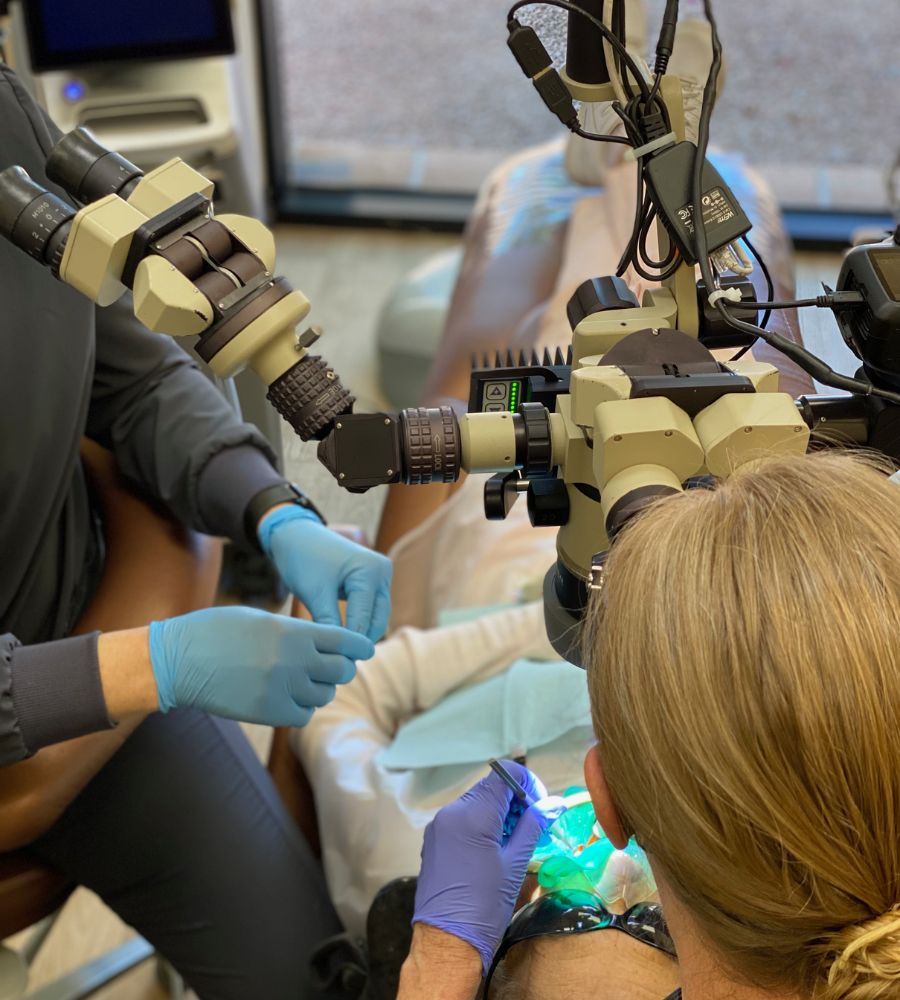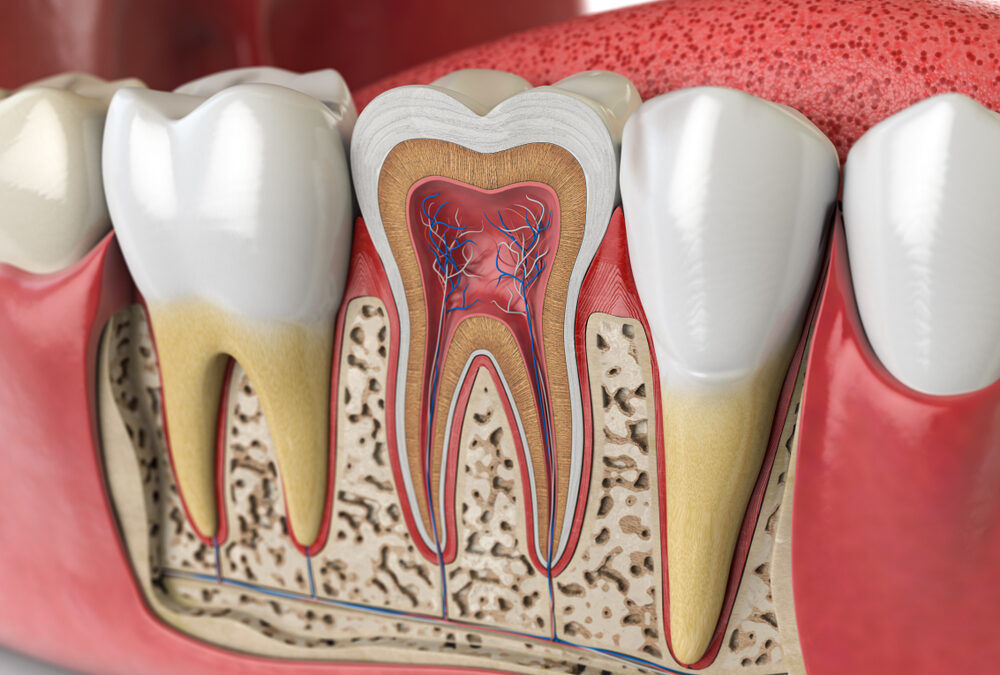
5 Myths About Root Canal Treatments

More than 25 million root canal treatments are performed each year in the United States – that’s an average of more than 68,000 every day. Yet myths persist about root canal treatments, decades after they have become a common dental treatment. Nearly 15 percent of Americans put off needed dental care due to fears and anxiety, so it’s important to address misconceptions about root canals. Here are the facts to set to rest five of the most harmful and persistent myths about root canal treatments.
Busting 5 Common Myths About Root Canal Treatments
- Root canal treatments hurt. Today’s root canal treatments are delivered using modern local anesthetics or light to moderate sedation, and employing cutting-edge technology such as GentleWave to ensure a thorough and complete cleaning of the infected tooth roots. On top of that, endodontists are experts in pain management, so they work carefully to minimize any discomfort during or after the procedure.
- Having a root canal will make me sick. This myth, based on poorly conducted, long-debunked research done nearly a century ago, is particularly troublesome. The infection in your failing natural tooth will not “travel” anywhere else in your body. Nor will the root canal treatment itself give you cancer. In fact, recent research indicates that patients with multiple endodontic treatments had a greatly reduced risk of head and neck cancers.
- It’s better to extract a tooth than have a root canal. Tooth extraction is rarely an endodontist’s top recommendation. Missing teeth cause lifelong oral health challenges, and artificial replacements such as implants or bridges require more time and preparation to provide, as well as more investment, compared to a root canal.
- I’m not experiencing (X symptom), so I don’t need a root canal. While symptoms such as pain with a quick onset, tenderness to pressure on the tooth, or swelling of the surrounding tissues are common indications you need root canal treatment, absence of these symptoms does not rule out the need for one. Endodontists look for clinical signs that may not be obvious to you, but which give a more accurate picture of what’s going on inside your tooth.
- After my root canal treatment, I don’t need to do anything else. Natural teeth saved by a root canal can last a lifetime with proper care. A dental crown placed on top of a tooth after receiving a root canal treatment is a critical part of proper care. The crown provides stability and enhanced protection from tooth decay or infections due to a cracked or broken tooth. This step is not optional. In fact, your endodontist may follow up to ensure you’ve had a crown placed within a few weeks of your root canal.
Get The Facts About Your Situation – Make An Appointment Today
Learn more about the advantages of the root canal treatment process at the Phoenix Endodontic Group. Our staff is happy to conduct a detailed examination and review what you need to do to save your natural tooth. Call 602-242-4745 today to schedule an appointment.


 treatments, such as root canals, can be effective even if they need to be done a second time.
treatments, such as root canals, can be effective even if they need to be done a second time.



